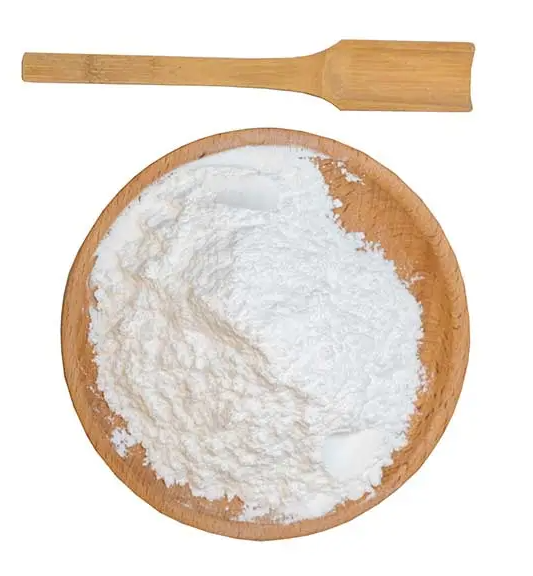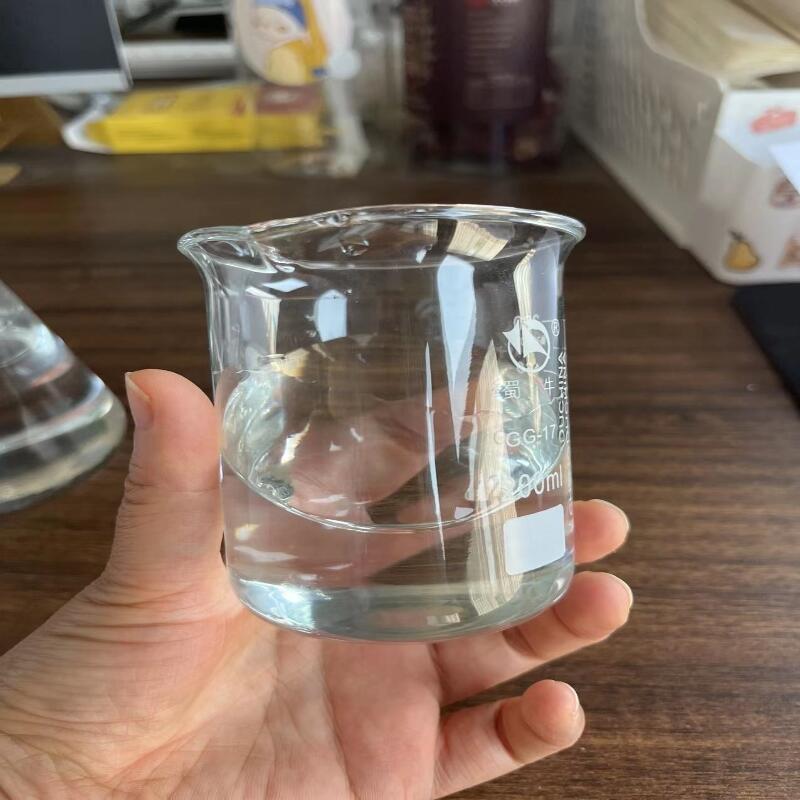Dark chocolate may protect the brain of stroke patients
-
Last Update: 2010-05-10
-
Source: Internet
-
Author: User
Search more information of high quality chemicals, good prices and reliable suppliers, visit
www.echemi.com
On May 5, researchers at Johns Hopkins University School of Medicine said they found that a compound in dark chocolate can protect people's brains by increasing the amount of cell signals after a stroke Previous studies have shown that cell signaling can prevent nerve cells from being damaged The compound is called epicatechin The researchers fed the rats a single dose of epicatechin, and stopped the blood supply to their brains 90 minutes later to cause ischemic stroke After comparing with the control group, they found that the rats who had taken epicatechin in advance had much less brain damage Two to three hours after a stroke is the time period for effective treatment The researchers found that epicatechin could still prevent further damage to neurons in rats three and a half hours after a stroke However, taking it six hours after a stroke has no effect on protecting brain cells According to Dr Sullivan Dorey, associate professor of medicine at Johns Hopkins University, epicatechin can stimulate two channels known in the past to protect brain neurons from loss After a stroke, the brain is in a state of self-protection due to the activation of Nrf2 and heme oxygenase But the researchers also found that epicatechin had no significant protective effect on the brain cells of the mice that had been singled out for lack of activity in two channels of the body after a stroke Since this study has not entered clinical trials, it is not known how much dark chocolate can be consumed to produce protective effects on brain cells Researchers say people should not use this as an excuse to eat a lot of dark chocolate, which is high in calories and fat In fact, people should be reminded to eat healthy food and eat different fruits and vegetables Dorey also said that because epicatechin may play a direct role, people's actual demand for it may be small He believes that the role of epicatechin and its metabolites may be to promote cell self-protection, and the human body may need it to start the existing protective pathway in cells Dorey hopes that the study of the brain's protective pathways will eventually help shed light on ways to reduce acute stroke and prevent chronic neurodegenerative diseases such as Alzheimer's and other cognitive disorders in the elderly.
This article is an English version of an article which is originally in the Chinese language on echemi.com and is provided for information purposes only.
This website makes no representation or warranty of any kind, either expressed or implied, as to the accuracy, completeness ownership or reliability of
the article or any translations thereof. If you have any concerns or complaints relating to the article, please send an email, providing a detailed
description of the concern or complaint, to
service@echemi.com. A staff member will contact you within 5 working days. Once verified, infringing content
will be removed immediately.






